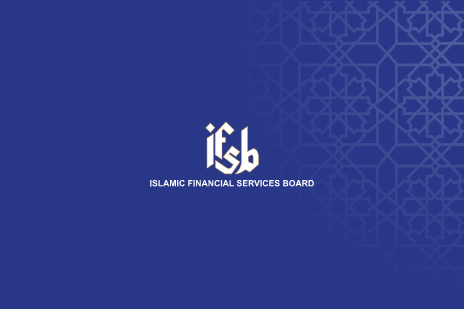About the Workshop This 4-day Facilitating the Implementation of the IFSB Standards (FIS) Workshop is tailored for the regulatory and supervisory authorities for the banking sector. IFSB-1:Guiding Principles of Risk Management for Institutions offering only Islamic Financial Services (IIFS) IFSB-17:Core Principles for Islamic Finance Regulation (Banking Segment) IFSB-16:Revised Guidance on Key Elements In The Supervisory Review Process of IIFS IFSB-15:Revised Capital Adequacy Standard for Institutions Offering Islamic Financial Services (IIFS) GN-6:Guidance Note on Quantitative Measures for Liquidity Risk Management GN-4:Guidance Note in Connection with the IFSB Capital Adequacy Standard: The Determination of Alpha in the Capital Adequacy Ratio for IIFS GN-3:Guidance Note on the Practice of Smoothing the Profit Payout to Investment Account Holders As a background, IFSB-1: Guiding Principles of Risk Management provides a set of guidelines of best practices for establishing and implementing effective risk management in IIFS. In particular, the Standard sets out 15 principles for managing the risks inherent in Sharī`ah-compliant financial businesses. The main objective of IFSB-17 is to provide a set of Core Principles – along with associated assessment methodology – for the regulation and supervision of the Islamic financial services industry (IFSI), taking into consideration the specificities of the IIFS in the banking segment, the lessons learned from the financial crisis, and complementing the existing international standards, principally the Core Principles for Effective Banking Supervision issued by the Basel Committee on Banking Supervision. IFSB-16: Revised Guidance on Key Elements In The Supervisory Review Process offers guidance on key elements in the supervisory review process for authorities supervising IIFS taking into consideration the specificities of the IIFS, the lessons learned from the crisis, while complementing the existing international standards on the supervisory review process, in particular those of the Basel Committee on Banking Supervision (BCBS). GN-3: Guidance Note on the Practice of Smoothing the Profit Payout to Investment Account Holders. This GN aims at identifying the causes and effects of smoothing practices including verifying how it is put into operation by IIFS. The GN also recommends best practices in dealing with the subject, especially from the perspective of supervisory authorities and their prudential concerns. GN-4: Guidance Note in Connection with the IFSB Capital Adequacy Standard: The Determination of Alpha in the Capital Adequacy Ratio for IIFS, for its part provides a methodology to estimate the value of alpha to be used in the supervisory discretion formula in calculating the CAR of IIFS; and to demonstrate how to measure the Displaced Commercial Risk (DCR). GN-2: Guidance Note on Commodity Murâbahah Transactions (CMT) highlight risks associated with CommodityMurābahah Transactions (CMT) and products of similar design and structure, and to assess their implications in relation to the regulatory capital requirements in institutions offering only Islamic financial services (IIFS). IFSB-15: Revised Capital Adequacy Standard, for its part, includes implementation of an optimal capital adequacy framework to facilitate the effective coverage of risk exposures of the IIFS as well as the allocation of appropriate capital to cover these risks in a manner that is based predominantly on the Standardised Approach. This Standard also provides guidance on the features and criteria for high-quality regulatory capital components, including Additional Tier 1 and Tier 2, which comply with Sharī`ah rules and principles. Moreover, GN-6: Quantitative Measures for Liquidity Risk Management Guidance Note complements IFSB-12, and supports the harmonised application of the international regulatory regime in the area of liquidity risk management. This is achieved by providing guidance on the application of global liquidity standards for the IIFS, especially the Liquidity Coverage ratio (LCR) and Net Stable Funding Ratio (NSFR) at the current stage, with suitable adjustments based on the specific operational characteristics. Overall, this Workshop on IFSB Standards aims to: Enhance the participants’ understanding of the respective Standards and Guiding Principles thereby facilitating the implementation of these standards in their respective jurisdictions; Assist the participants in the practical application of issues addressed in the particular standards through case studies, hands-on exercises and other interactive tools; and Promote the sharing of experiences among the participants on the implementation of respective IFSB Standards and Guiding Principles.
